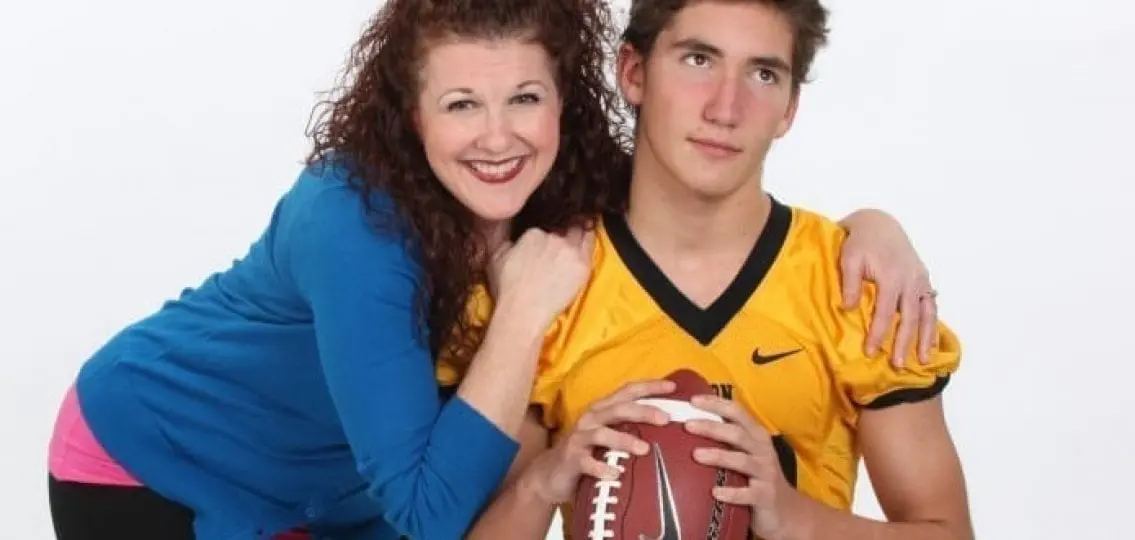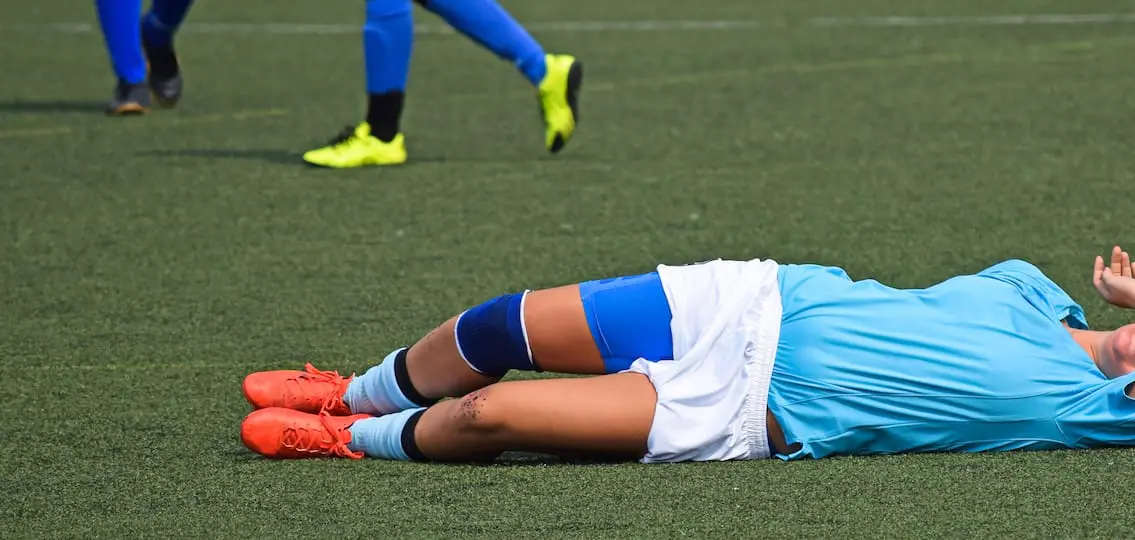The comment from my wife completely surprised me. My teenage daughter told her she wanted to try out for her middle school track team.

I did not see that coming. My daughter is not an athlete and has shown zero interest in organized sports. I, however, am a sports nut, so I was beyond thrilled to hear that she wanted to play a sport.
Two weeks later, my wife shared with me some additional news on the subject. Equally surprising, but which also made more sense. It turns out my daughter didn’t really want to try out for track—she was only going to do it because she thought I would like it if she did.
My daughter just wanted to make me happy, perhaps even at the expense of her own happiness. I saw a life lesson that needed immediate addressing.
It’s called the Disease to Please, and no one is immune, teens and adults alike.
Sometimes it’s our inability to say no, to just get along, or to avoid confrontation. It’s an admirable quality—to a certain point. The problem is knowing where that line is, and that was the conversation I needed to have with my daughter.
When I confronted her, she explained that she wanted to join track because my wife and I kept insisting that she make a greater effort to meet more friends and to “put herself out there.” She thought that joining the track team would make us happy.
I explained that although I did believe she needed to make more of an effort to widen her circle, and that an organized activity like track could help while also allowing her to exercise and focus on her health, she shouldn’t do anything just to make her mom and me happy.
Although I felt bad that my daughter almost did something only to please me, it resulted in a great conversation, and opened my eyes to a facet of my teenage daughter I didn’t yet know.
In the end, she decided not to join the team, and I told her I was cool with that. We talked a little more about the importance of taking care of your body, which satisfied my need to offer parental advice, and then we even went a little deeper into her seeming indifference to making more friends.
This episode was a great reminder of how much our teens still look to us for acknowledgment, appreciation, and recognition.
They want us to be proud of them.
I read an article recently about how getting “likes”—positive feedback on social media posts—is somewhat intoxicating to teens. I can understand that. Who doesn’t like seeing the little thumbs up icon, shorthand for “Way to go!”, “Nice job!” or “Atta girl!”?
Teens want and need recognition for doing something positive or for a job well done. The track incident showed me how far a teen would go to get that positive reinforcement. And frankly, it was a wake-up call for me to help her become more of a leader than a follower, to not be overly deferential, to feel okay about looking out for number one, and that the most important person for her to please is herself.

I love it that my daughter wanted to make me happy. Knowing that she can now be a little more independent, self-assured and true to herself makes me even happier.




